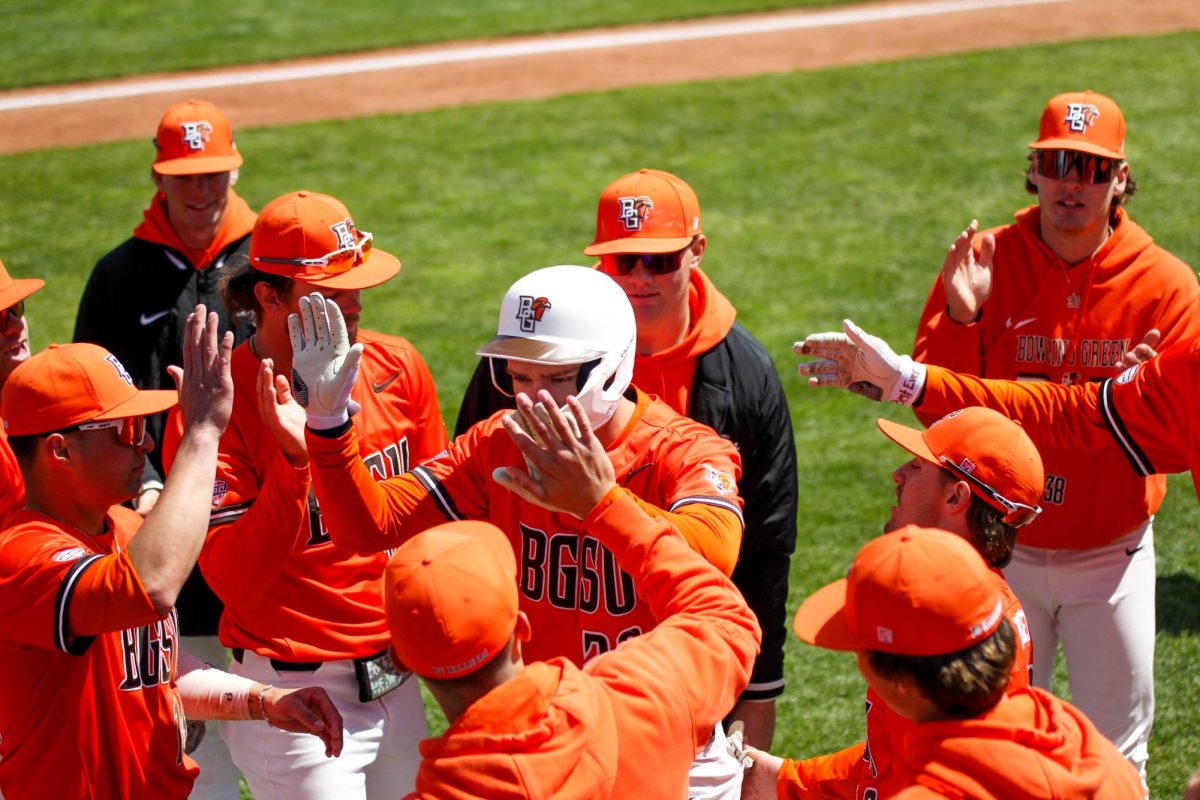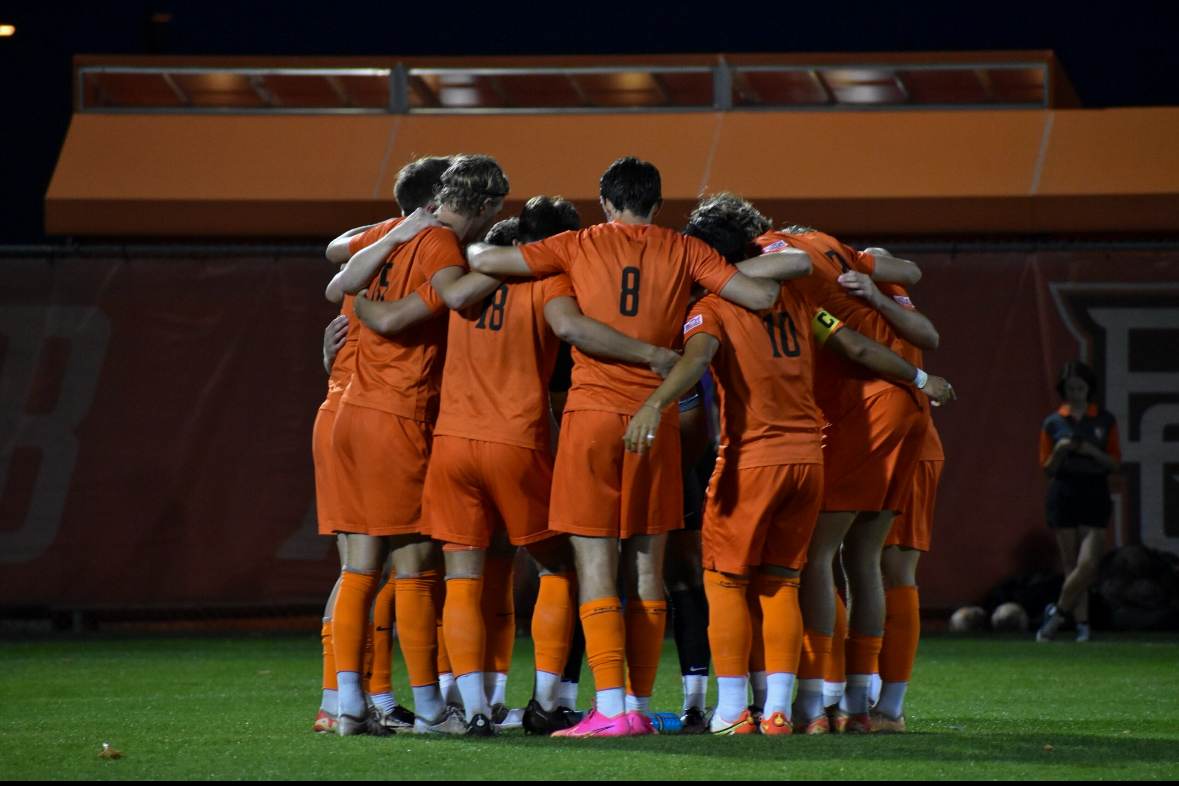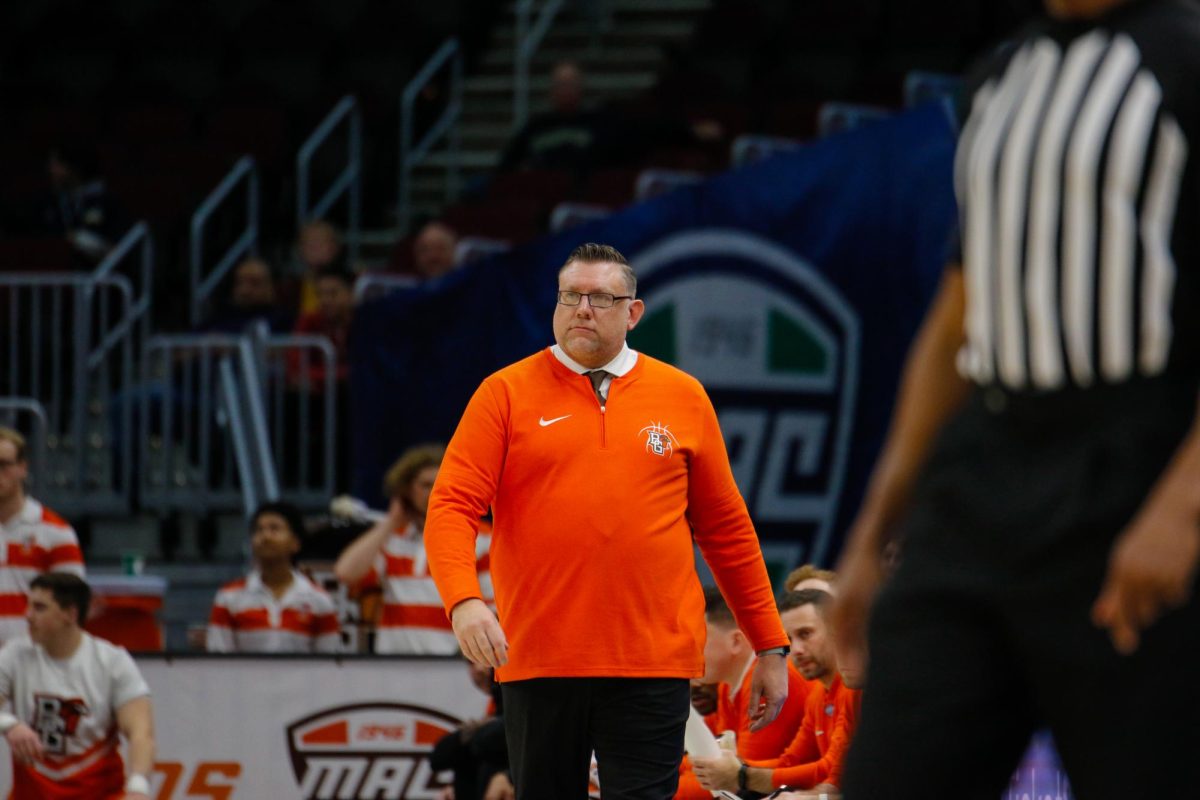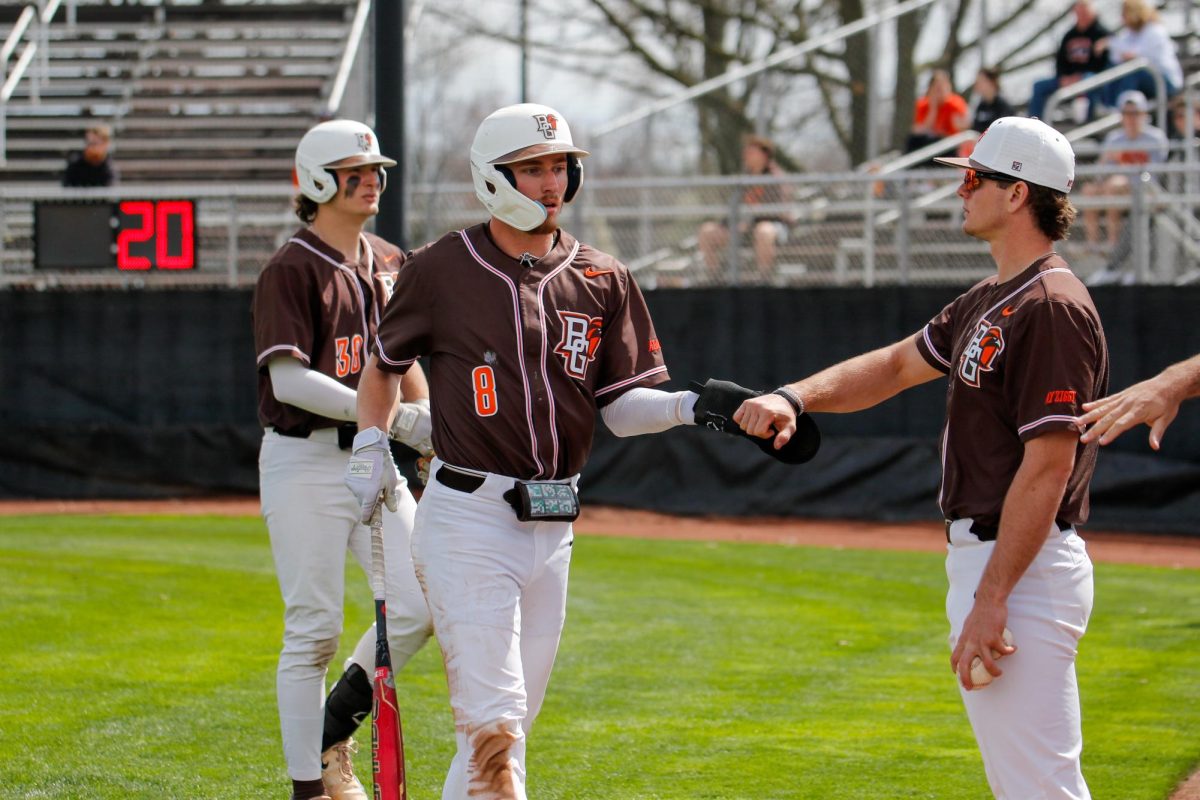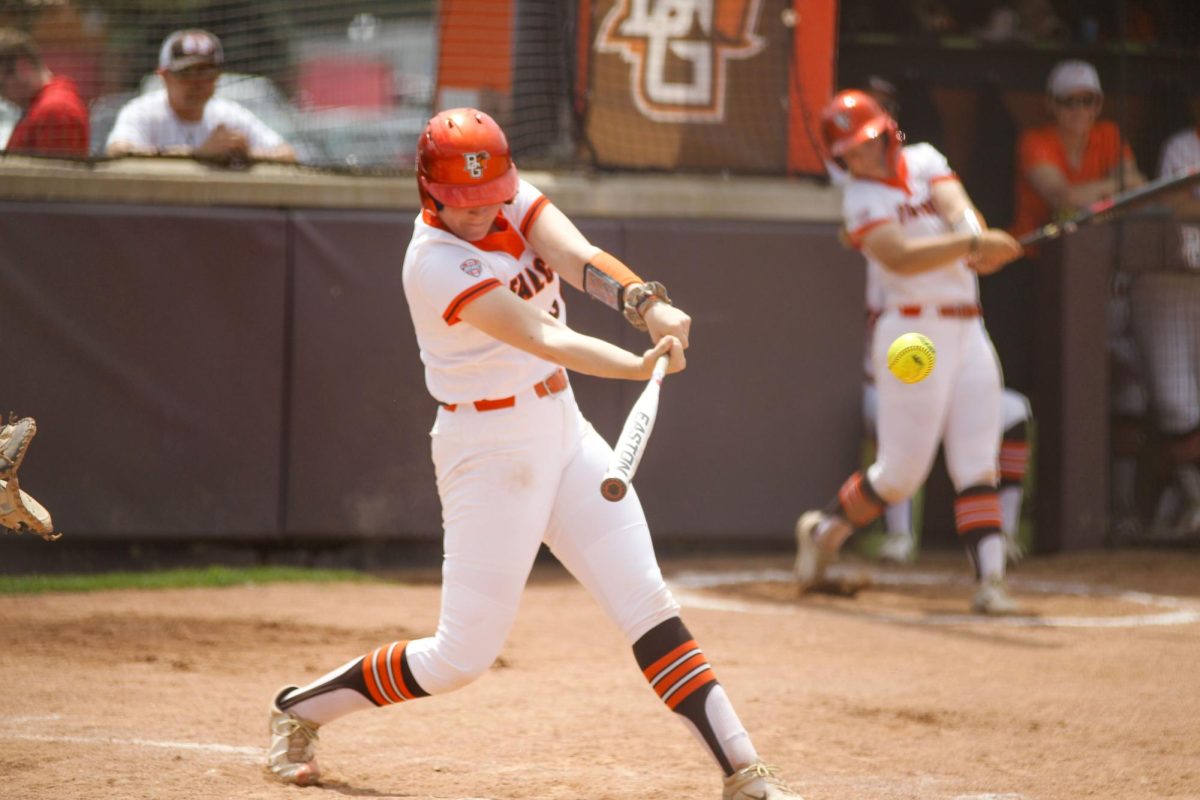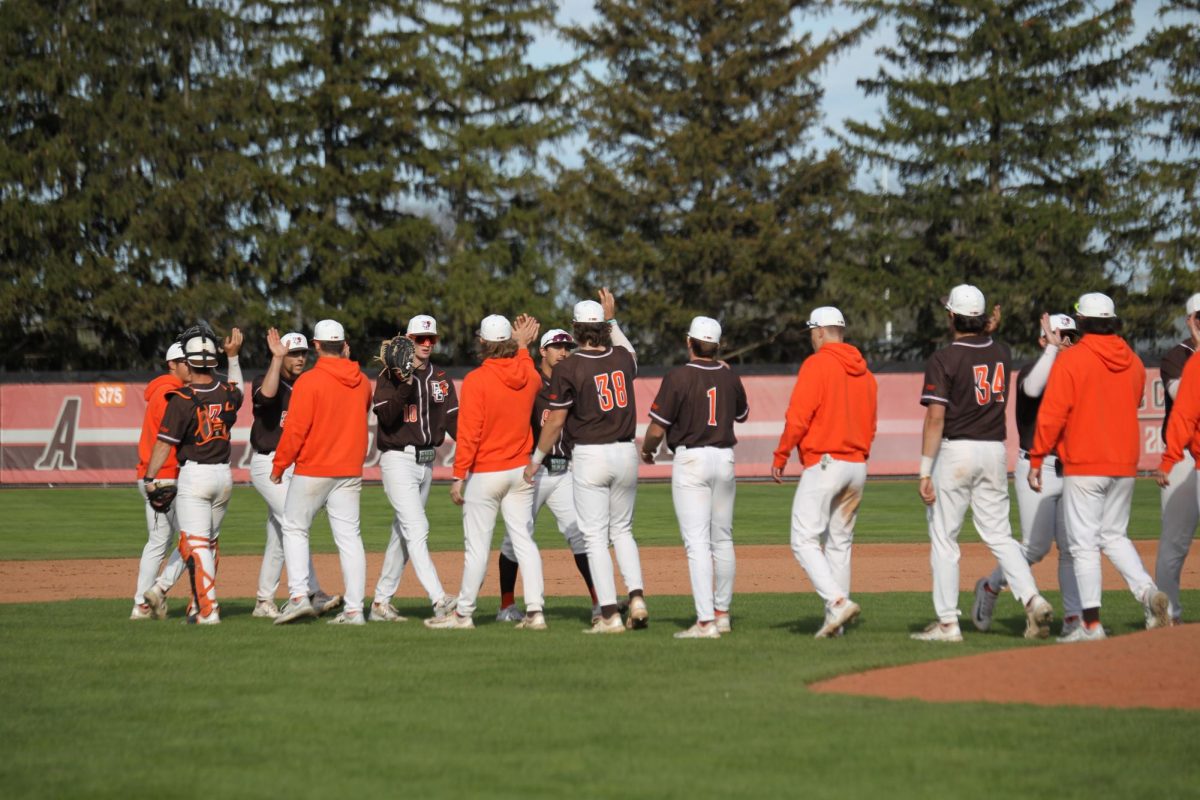At the onset of every semester, returning faculty members receive student evaluations for the previous semester’s courses.
The consensus appears that these evaluations are necessary for instructors to improve classes, but some students and faculty fear current methods may produce inconsistent results.
“The objective isn’t necessarily to be the most popular on campus, but instead to be the most effective, which is different,” said Gary Lee, chair of the University’s sociology department. “Generally, very low and high scores are particularly meaningful, but sometimes it’s hard to tell with the scores in between.”
Evaluations are department specific and are administered by instructors during the last two weeks of a semester, he said. The evaluations are then compiled by secretaries and reviewed by department chairs before being returned to instructors during the first few weeks of the following semester.
Many University departments, like Lee’s, are “going green” and cutting financial costs by transitioning to an online evaluation system, he said.
However, these new evaluations may cost departments in other ways.
Online forms are also slightly biased toward negative responses, because students with complaints appear more likely to evaluate a course, Lee said. They also provide less data to assess.
“Unfortunately, we beg and plead to get students to respond, and they do, but not in as large of numbers as with in-class evaluations,” he said. “I’d estimate maybe 50 percent do in our department. It’s a problem, but something everyone who has gone online around the country has encountered.”
Lee, also a professor of sociology, said evaluations are important nonetheless. He takes his own evaluations very seriously, he said, and encourages students to realize how they help both parties involved when they are filled out correctly.
“Finding out what students like and dislike is important, because students generally learn better when they’re enjoying the course,” he said. “Being popular and effective is the best reward that we can have, and constructive comments on the subjective portion help us realize how to do things better or what we’re doing right.”
Sophomore Molly Swartz said she thinks evaluations are helpful when students provide constructive criticism, but most probably don’t take the time to do so.
“Once, I had a lab teacher from China, and it was pretty hard to understand her,” she said. “I’m sure some students wrote mean things about her speech, but I don’t think teachers can really work on those sorts of things.”
Swartz’s recommendations for improving evaluations were eliminating the “strongly disagree, strongly agree” scales on evaluation sheets and allowing more time for subjective written responses.
“I hate [the scales] and I don’t think a lot of people take them seriously and just mark any answer,” she said. “Short answers are more hands-on and give better feedback.”
Her roommate, sophomore Megan Rhodes, said she agreed and offered other suggestions for improving evaluations.
“I think there should be a way to not have to fill out evaluations for teachers who consistently get good reviews over and over again,” she said. “They’re pointless, because there isn’t much to change, but I think they’re good when you don’t like a teacher or a teacher is new.”
In that type of situation, Rhodes said evaluations do help, and actually improved one of her classes at Firelands campus last year.
“One of my professors got constructive comments and changed the way she presented the material to make the class better,” she said. “When students take the time to fill them out, they’re a good way to voice your opinion and make changes.”
Margaret Weinberger, an instructor in Lee’s department, said she finds written evaluations helpful, but believes it’s impossible for objective evaluation methods to ask the right questions of a diverse class.
“One of the best evaluations I ever received was a written response from a student, who said ‘She never made me feel stupid during class discussion,'” she said. “That was what he liked best about my class. I thought it was very interesting, and it meant more than the scores, because it told me I was doing my job right.”






